I'm answering my own question. Regular cron expressions are not applicable for AWS Cloudwatch Rules. AWS Cloudwatch Rules have a cron expression of SIX (6) Required Fields. (Link to Documentation). The answer to this question is as follows. I will present different scenarios, because in some cases, the timezone is important and we might have to skip different hours instead of Midnight.
Both of the below scenarios are working and I tested in the AWS Cloudwatch Rules.
Scenario 1: Trigger Daily - Every 5 Mins - Skip 11PM to 1AM.
0/5 1-22 * * ? *
Explanation: First field mentions, it should be triggered only in 0th and 5th Minutes. Second field mentions that it should be triggered from 1st Hour to 22nd Hour. Hence, after 22:55 the next trigger will be 1:00. It will skip from 23:00 to 00:55.
Scenario 2: Trigger Daily - Every 5 Mins - Skip 5PM to 7PM
0/5 0-16,19-23 * * ? *
Explanation: First field mentions, it should be triggered only in 0th and 5th Minutes. Second field mentions that it should be triggered from 0th Hour to 16th Hour and from the 19th Hour to 23rd Hour. Hence, after 16:55 the next trigger will be 19:00. It will skip from 17:00 to 18:55.


